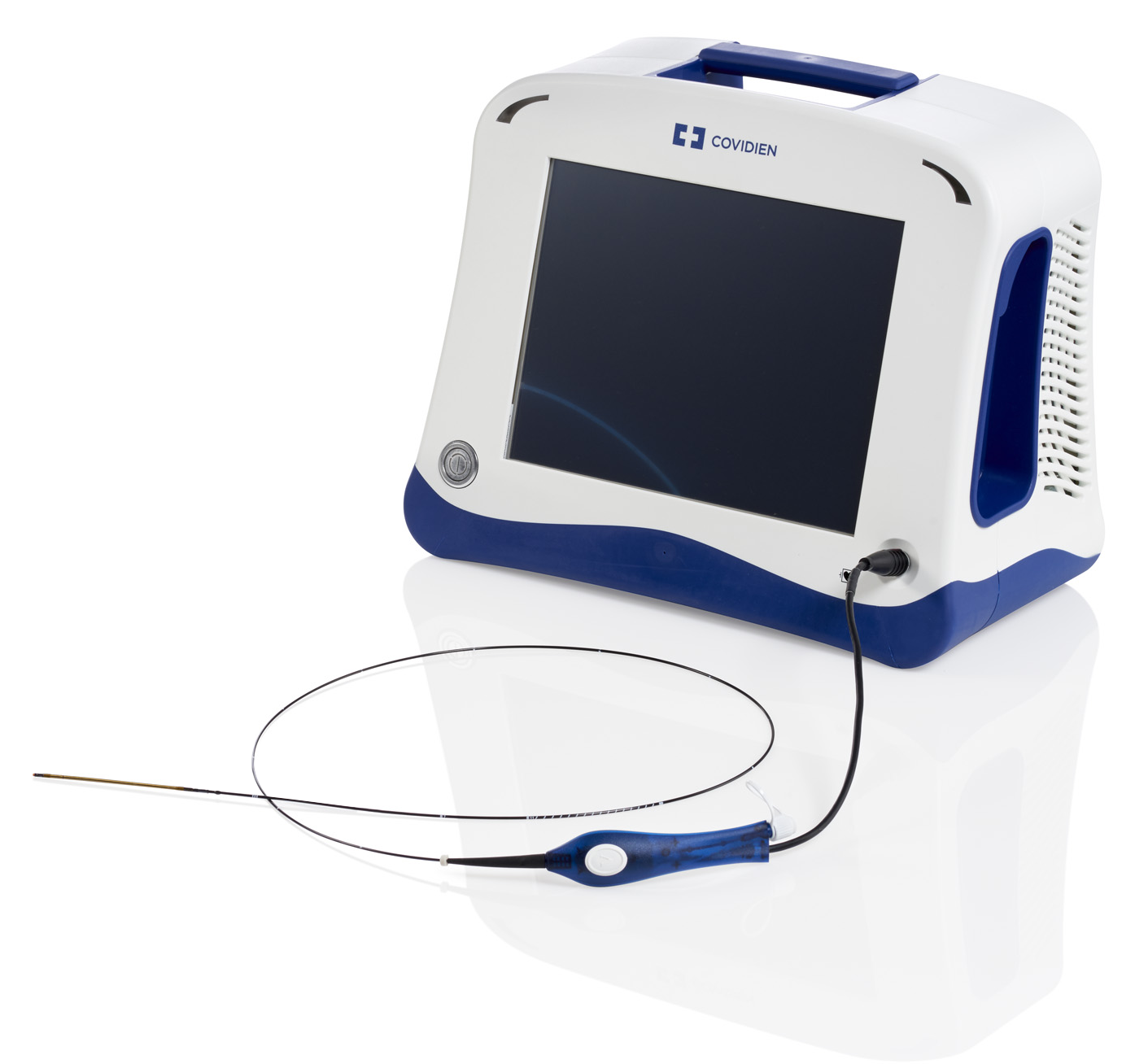A leading vascular surgeon shares insights on how painful the RF ablation procedure actually is.
The short answer is – not much. RF ablation is definitely not as painful as one might anticipate, but at the same time, it is not completely pain free. The only painful part is the small numbing injection that the vein doctor gives you at the beginning of the procedure. This injection delivers anesthetic solution beneath your skin, which can feel uncomfortable as the skin distends. However, the numbing sensation takes over in a couple of minutes, and after that, you will hardly feel a thing for the remainder of the procedure,
What about after the procedure? Since this is a minimally invasive procedure, there is very minimal pain and discomfort, which can easily be managed with pain medication that your vein doctor will prescribe. As it is, you will need no further rest or restrictions from activity – you are free to resume work almost immediately after the procedure!
What actually happens during the RF ablation procedure?
After the skin is numbed, the vein doctor uses a longer needle to gain access to the diseased vein. Through this needle, the radiofrequency catheter is inserted into the vein, under imaging guidance. The vein doctor may need to make a tiny nick on the skin to faclitate insertion of the catheter. Once the catheter is in place within the vein, it is activated, and radiofrequency waves are sent into the vein. This heats up the vein from within, which causes the vein walls to melt and stick together, sealing off the vein.
Once the vein seals off, the catheter is removed. The vein doctor will apply pressure to your leg to stop bleeding, and you may need to be fitted with a compression stocking or bandage. This will ensure that the vein stays sealed, and it will also help bring down swelling.

Do I really need RF ablation treatment? How does it help?
Your vein doctor will recommend RF ablation if you have varicose veins, with a condition called chronic venous insufficiency (CVS). CVS is a condition where the large veins of your legs, called the saphenous veins, become defective. They no longer transport blood efficiently back to the heart, which means that some blood remains in the legs. This accumulated blood causes the smaller leg veins to swell and bulge out. This is what you see on the surface as varicose veins. The excess blood can also cause a lot of uncomfortable symptoms, including throbbing, painful legs, swollen ankles, heavy feet, and overall tiredness.
RF ablation prevents blood from flowing through the diseased vein. The blood re-routes to the deeper veins, which are healthier. This allows all the blood to get back to the heart like it should – no more pooling of blood in the legs!
Are there any less painful alternatives to RF ablation treatment?
The most painful part of RF ablation is the initial injection of local anesthetic. The needle prick and subsequent pushing of solution into the tissue may not be comfortable. Also, you will need an incision in your skin, which can cause some irritation after the procedure. There are certain alternative treatment plans, which eliminate the anesthetic injection, and skin incision.
VenaSeal: This involves a single injection, which delivers medicated glue directly into the vein. The glue blocks up the vein, sealing it off from blood flow.
ClariVein: This also involves a single injection, under imaging guidance. This injection is used to implant a tiny, rotating catheter into the vein. The catheter disperses medicated solution, called sclerosant, all through the vein. The solution causes the vein walls to become sticky, and fuse together, which seals off blood flow.
The downside? While current results are promising, these procedures are fairly new, so long term evidence of their efficacy is lacking. While physicians definitely endorse that these procedures are as good as RF ablation, this is not good enough for some insurance agents – not all insurance plans cover VenaSeal and ClariVein. You may want to check whether or not your insurance plan covers these procedures, and if they don’t, weigh that in against the small injection and incision that is part of the RF ablation procedure.
The Vein Treatment clinic: Providing state of the art treatment for varicose veins and chronic venous insufficiency.
The Vein Treatment clinic offers you quick, convenient solutions for varicose veins, spider veins and CVS. Our team of vein doctors are skilled and experienced at RF ablation, along with other forms of vein treatment. VTC has advanced resources on hand – so the more advanced forms of treatment, including VenaSeal and Clarivein, are available to you if you choose to have them.
Besides skill and resources, VTC offers one other thing that makes treating your veins practically pain-free – the personal touch. The staff at VTC are compassionate and understanding, and our vein doctors always tailor treatment plans to suit each individual person.
VTC has offices in multiple locations across the country. If you would like to consult with our vein doctors at one of these locations, call (844) 690-1788, or book an appointment online.








